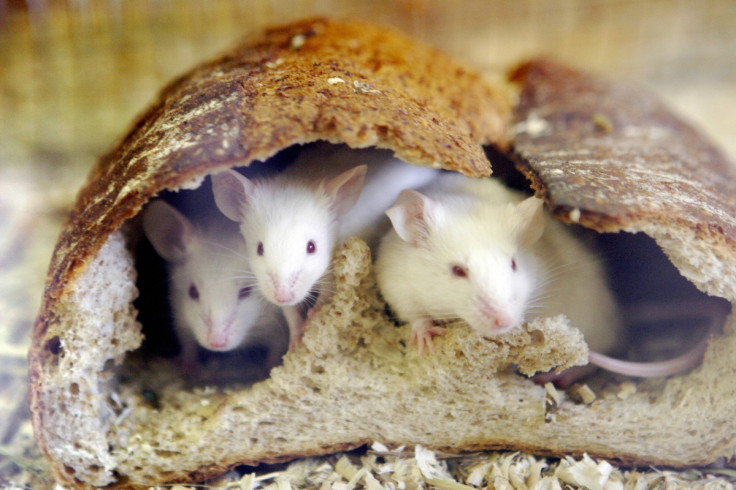Loneliness: Hormone dopamine drives a need for social interaction in mice

The brain causes a need for social interaction after periods of loneliness. Tests in mice found that after 24-hour-long isolation, the hormone dopamine made mice want to spend time with their companions.
The research published in the journal Cell, is the first study to actively identify a mechanism in the brain which responds to loneliness. The hormone was found to be the cause of feeling dejected when secluded, as well as happiness when company comes along.
"Our study is new in that a neural substrate for a loneliness-like state has never been identified before," said Kay Tye, co-author of the study. ""There have been a number of studies examining social reward, but none that have looked at the negative motivational drive to seek social contact."
The researchers discovered the results by analysing the reactions of mice that had either been left by themselves for 24 hours, or had enjoyed the company of a group-house full of mice. After the 24 hours had elapsed, the scientists from the University of Massachusetts added a juvenile mouse to the investigation for each group.
It was discovered that the lonely mouse had a sudden increase in dopamine in part of the brain known as the dorsal raphe nucleus. To confirm this finding, the study used optogenetics – a method which uses light to control neurons in the brain. Sure enough, it was established that an increase in the hormone was linked to mice having the company of other mice.
Moreover, when the scientists managed to control and inhibit the release of this hormone, that same need for companionship seemed to disappear. This was only the case when the mice had been isolated for 24 hours, though.
The researchers also learned that each mouse released a different amount of dopamine during the experiment. It was later uncovered, that the amount of the hormone released depended on their social standing.
"Social interactions may be more rewarding in dominant males because they have priority access to food and mates and tend to win territorial conflicts," said Tye. "As a result, dominant mice may experience a more pronounced loneliness-like state, increasing their drive to seek out social company after periods of isolation."
The next step of research is to test how dopamine affects the social interaction between animals that are generally not a social species. If they find similar results, they hope to find a way to use this knowledge to treat social difficulties in humans, including anxiety or autism.
© Copyright IBTimes 2025. All rights reserved.






















